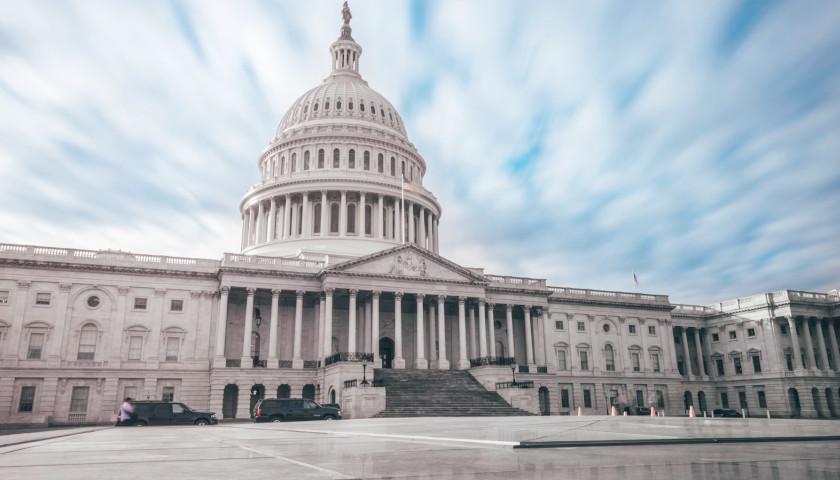by Ambassador Callista L. Gingrich, Gingrich 360
On February 13, the U.S. House of Representatives overwhelmingly passed the Frederick Douglass Trafficking Victims Prevention and Protection Reauthorization Act with a vote of 414-11. The bipartisan legislation, authored by Rep. Chris Smith (R-NJ), will reauthorize the Trafficking Victims Protection Act of 2000 – which expired in 2021 – and provide approximately $1 billion in funding over five years for programs that combat the scourge of human trafficking.
Among the measures included in the comprehensive legislation are educational grants to provide situational awareness training and prevention for elementary and secondary students; funding reauthorization for the International Megan’s Law and Angel Watch programs; and authorization for programs that support survivors’ employment, housing, and education.
Rep. Smith made clear how important this legislation is in the fight against modern-day slavery. “This critical legislation reauthorizes funding for FY2024 through 2028—a total of five years—to continue current year enacted appropriation and authorization levels to enhance programs, strengthen laws, and add accountability in our whole-of-government effort to protect women and children from human trafficking,” he said.
In recent weeks, Catholic leaders in the United States have voiced their support for the Frederick Douglass Act, in line with Pope Francis’s “call to take action, to mobilize all our resources in combatting trafficking and restoring full dignity to those who have been its victims.”
Earlier this month, the U.S. Conference of Catholic Bishops’ Committee on Migration endorsed the Frederick Douglass Act and called on Congress “to pass the bill without further delay.”
As Bishop Mark J. Seitz, chairman of the U.S. Conference of Catholic Bishops’ Committee on Migration, said, “It is incumbent upon all of us to unite in promoting efforts that prevent the evil of human trafficking. I join our Holy Father in inviting the faithful and all people of good will to uphold and affirm human dignity and grow in solidarity with those who are vulnerable to exploitation and have been impacted by this terrible evil of modern-day slavery.”
On February 12, days before the bill’s passage in the House, two organizations founded by religious sisters – the Alliance to End Human Trafficking and The National Advocacy Center of the Sisters of the Good Shepherd – hosted a panel that called on Congress to pass the Frederick Douglass Act.
The online event, titled “Breaking the Link Between Human Trafficking and Forced Migration: Trafficking Victims Protection Reauthorization Act,” highlighted that migrants are often at a high risk of falling victim to human trafficking. As panel moderator Sister Ann Scholz, SSND, Ph.D. said, “Desperate people become vulnerable to human traffickers.”
Noting that the Frederick Douglass Act would “expand prevention efforts” and deter “forced migration,” Director of Advocacy for the Alliance to End Human Trafficking Marilyn Zigmund Luke said, “This is really a three-pronged approach at getting at not only trafficking within the United States, but really getting at what’s happening within the home countries of people so that they will not migrate.”
The scourge of human trafficking is a stain on all of humanity. It invades borders, destroys communities, and robs millions of their human dignity. Tragically, the United States is one of the top destinations for human trafficking, and cases have been reported in every U.S. state.
With the Frederick Douglass Act now moving to the Senate for consideration, every concerned American should encourage their senators to vote in favor of this important legislation to support survivors of human trafficking and eradicate this horrific evil.
– – –
For more commentary from Callista L. Gingrich, visit Gingrich360.com.






I’m thankful we have people who advocate fighting modern day slavery.
Perhaps these people will then advocate for the abolishment ofthe income tax, and the arrest of IRS employees executives who know the taxes they collect are unlawful.
There is a video wherein the author of the original IRS COde admits, gleefully, that yes, income tax is unconstitutional, and then says “What are you going to do about it?